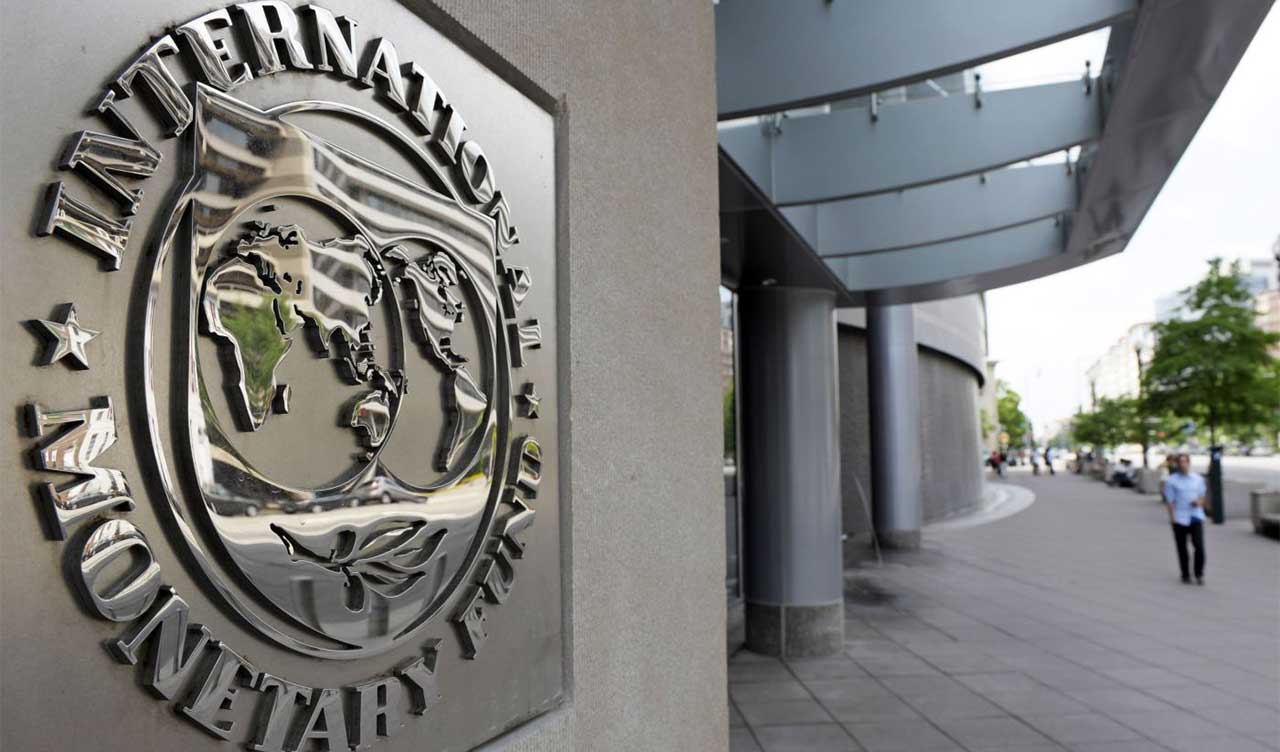
.IMF sees Nigeria’s economy grow at 3.3% this year, down to 3% in 2025
Nigeria’s economy is projected to grow to 3.3 per cent this year, while it may recede to 3.0 per cent in 2025. In its latest World Economic Outlook report, ‘Steady but slow: Resilience amid divergence,’ the International Monetary Fund (IMF) report showed that Nigeria’s economy is expected to better its 2023 which was pegged at 2.9 per cent.
The study puts Nigeria’s consumer prices at 26.3 per cent for 2024 up from 24.7 per cent it was in 2023 and is expected to decelerate to 23.0 per cent next year 2025.
On SSA, the report said: “In sub-Saharan Africa, growth is projected to rise from an estimated 3.4 per cent in 2023 to 3.8 per cent in 2024 and 4.0 per cent in 2025, as the negative effects of earlier weather shocks subside, and supply issues gradually improve. The forecast is unchanged for 2024 from the January 2024 WEO Update, as a downward revision to Angola owing to a contraction in the oil sector is broadly offset by an upward revision to Nigeria.”
In low-income countries, the report said interest payments are estimated to average 14.3 per cent of general government revenues in 2024, about double the level 15 years ago.
It stated that to rebuild budgetary room for manoeuvre and curb the rising path of debt, the fiscal policy stance is expected to tighten in 2024 and beyond, with higher taxes and lower government spending in several advanced and emerging markets and developing economies.
The report noted that geopolitical shocks could complicate the ongoing disinflation process and delay central bank policy easing, with negative effects on global economic growth, saying such adverse supply shocks may affect countries asymmetrically, with particularly acute effects on lower-income countries where food and energy constitute a large share of household expenditure.
IMF noted that discontent with state institutions, often rooted in perceptions of government policy failures in addressing inequality and fostering inclusive growth, has fueled social unrest and contributed to conflict.
“The separation of the world economy into blocs amid Russia’s war in Ukraine and other geopolitical tensions could accelerate. Such a development could generate more restrictions on trade and cross-border movements of capital, technology, and workers and could hamper international cooperation,” it stated.
The IMF suggested that intensified geo-economic fragmentation could reduce portfolio and foreign direct investment flows, slow the pace of innovation and technology adoption, and constrain the flow of commodities across fragmented blocs, resulting in large output losses and commodity price volatility.
On how the world can achieve faster economic growth, the report insisted that structural reforms can support productivity growth and reverse declining medium-term growth prospects if they are targeted and carefully sequenced.
It declared that prioritising reforms that relax the most binding constraints on economic activity can lead to output and productivity gains. On the global stage, world trade growth is projected at 3.0 per cent in 2024 and 3.3 per cent in 2025, with revisions of a 0.3 percentage point decrease for 2024 and 2025 compared with January 2024 projections.
On the expected prices of crude oil, the report noted that the future markets suggest that oil prices will slide by 2.5 per cent year over year to average $78.60 per barrel in 2024 and will continue to fall to $67.50 in 2029 adding that risks to this price outlook are balanced. It noted that upside price risks could arise from an escalation of the Middle East conflict and attacks on Russian oil infrastructure.






